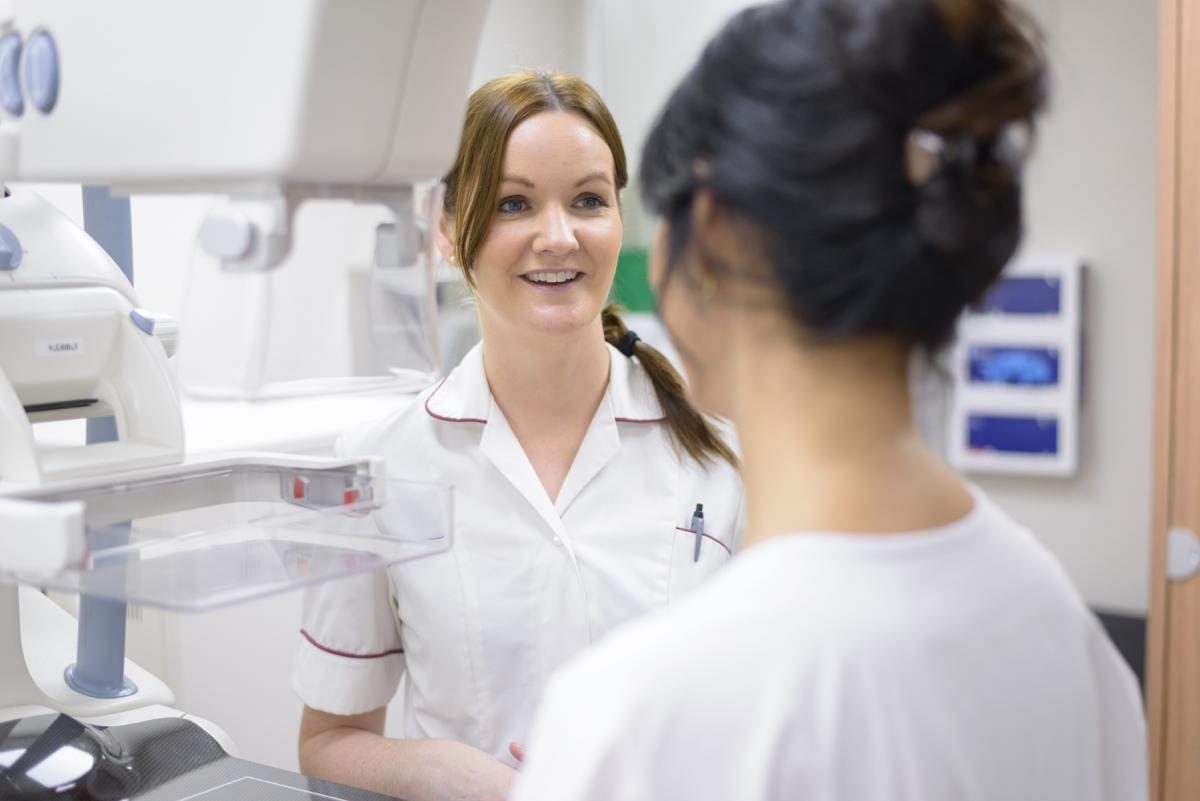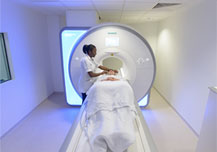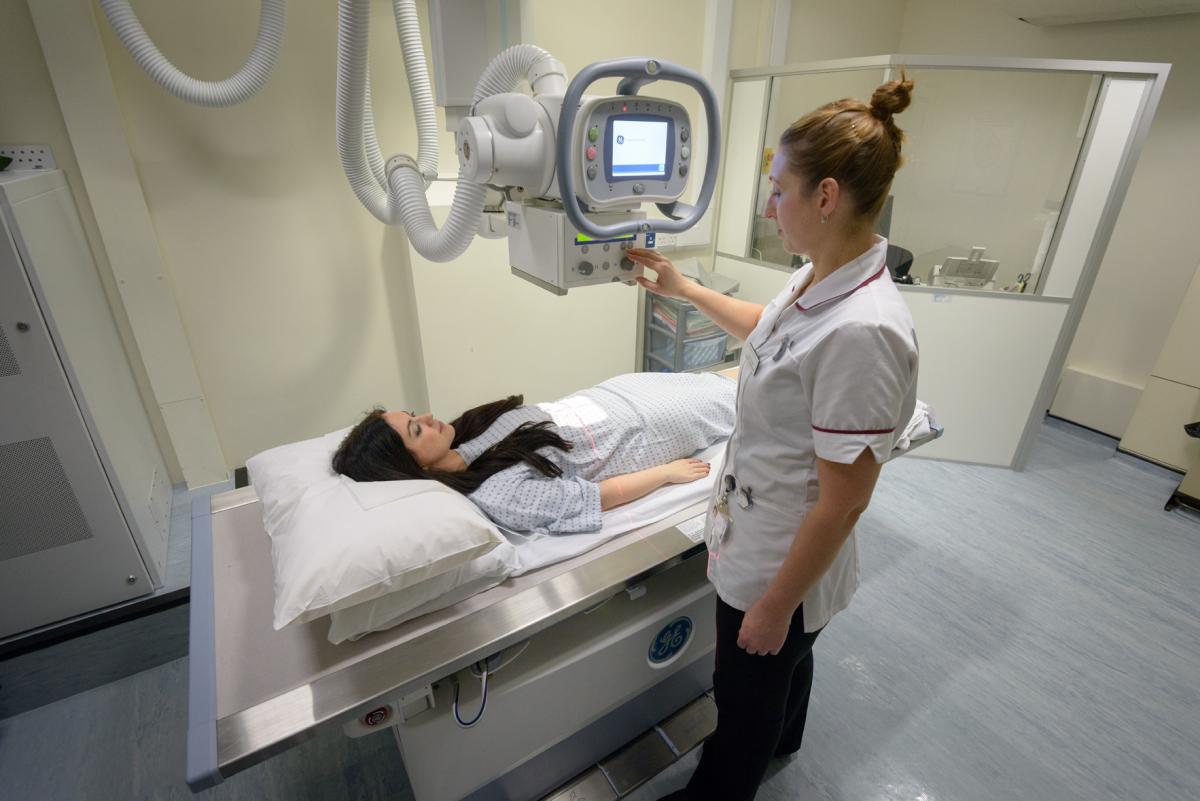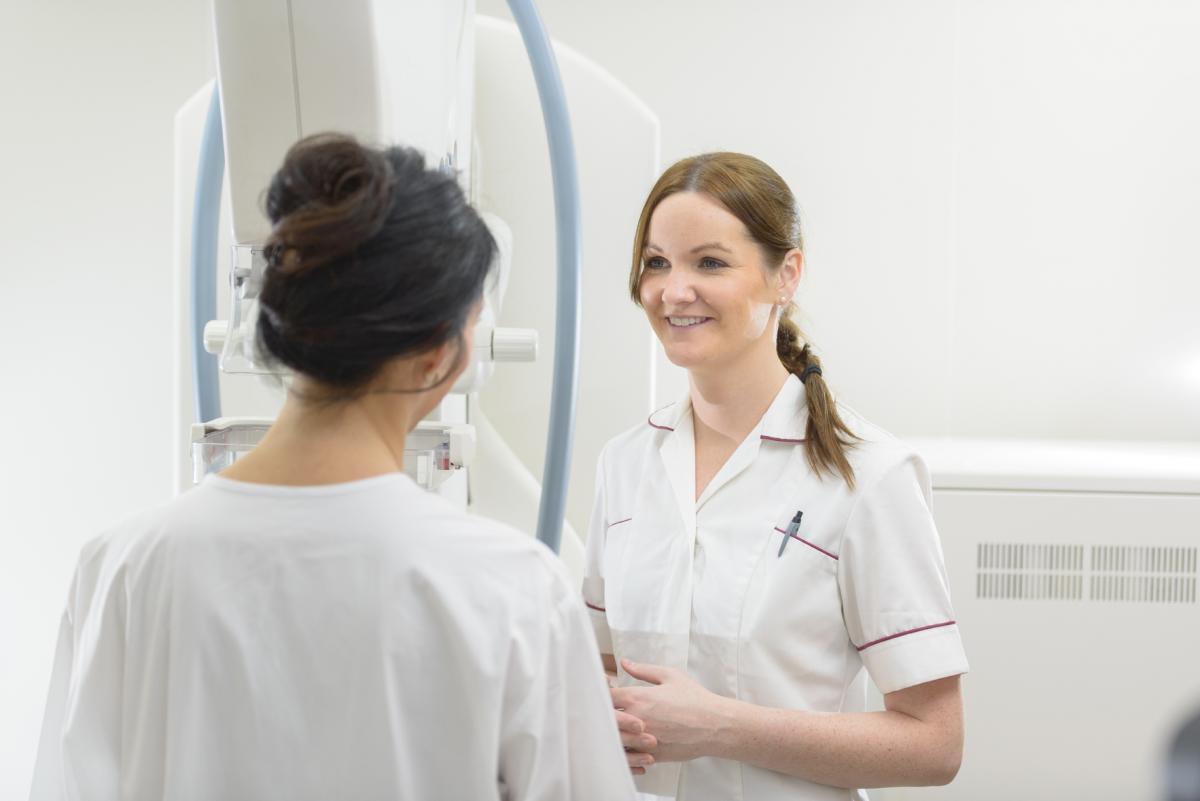PolyClinica No.1 is the first, comprehensive medical consierge service to combine the very best of British and Russian Medicine. We take a preventative and proactive approach to healthcare and offer a full range of services for adults and children – private GP services, specialist medical consultations, health prevention and diagnosis.


PolyClinica No.1 offers a complete Private GP and family medicine service open 6 days a week. Whatever your health concern, whether you need advice, diagnosis or a prescription, our doctors are on hand to provide the highest standards of care. PolyClinica No.1 has access to a full laboratory service, with many test results available on the same day. Our onsite dispensing pharmacy can supply prescription medicines and even deliver to your home or work address.
PolyClinica No.1 provides comprehensive and customised health screenings for early disease detection and prevention. Whether or not you are experiencing symptoms, regular comprehensive medical checkups ensure detection of underlying abnormalities and intervention at an early stage.
In the event a disorder is discovered, further advanced diagnostic tests are available as well as follow up care and treatment, including specialist and hospital referrals if necessary. Clinical data is shared through an integrated electronic medical record system, allowing for a smooth transition from screening to follow up and for ongoing analysis of your health data.
Health Screening at PolyClinica No.1:1. PRE-APPOINTMENT QUESTIONNAIREProvides your doctor the opportunity to review key areas and potential issues prior to appointment and make adjustments to the planned screening program if necessary. It gives the patient the opportunity to reflect upon their health and come to the appointment prepared to address the issues that concern them the most. 2. One hour appointment with doctorTo include:
3. Health ScreeningA range of health screening packages are available at PolyClinica No.1. Each screening package will be tailored to the individual and additional test may be added as required (additional tests not included in the packages are subject to additional charges). 4. Review and reportFollowing the health screening, the doctor will review all results with the patient, fully expalining any issues or concerns, making recommendations for additional tests or consultations if required (such as nutritionist, dietician etc) and outlining advice for maintaining a healthy lifestyle. Patients will be provided with a full and comprehensive report that will include:
|
Diagnostic packages |
At PolyClinica No.1 we offer patients access to the latest and most effective diagnostic imaging technology available at the Harley Street Diagnostic Centre. The imaging department occupies the entire basement floor of the new building and is one of the largest and most advanced in the country.
Run by a highly experienced team of professionals, the talented departmental team includes specialist radiographers, technologists, and nurses, supported by an administrative team who help prepare reports for each investigation and ensure patients receive their results on the same day.
DIAGNOSTICS AVAILABLE AT POLYCLINICA NO.1:
| Imaging | Cardiac diagnostics |
|---|---|
3T MRIMagnetic resonance imaging (MRI) is a type of scan that uses strong magnetic fields and radio waves to create high quality digital images of tissues, organs and other structures inside the body. PolyClinica No.1 has some of the most advanced MRI facilities, including a 3-Tesla (3-T) MRI (‘Tesla’ is the industry standard for measuring the strength of each magnet). The 3-T MRI scanner is twice as strong as most MRI scanners in the UK, enabling us to scan faster and with greater detail. This state-of-the art scanner performs all conventional MRI imaging including musculoskeletal, orthopaedic, neurology, vascular, oncology, abdominal (including dynamic liver, small bowel and MRCP) and pelvic (including rectal/anal cancers, gynaecology, prostate and fistula) imaging. High Definition CTThe latest high definition CT scanning equipment is available on site, producing more detailed images of structures inside the body than conventional X-rays. It can be used to diagnose or monitor many different health conditions including cancer and heart disease. Use of low dose CT scanning is particularly important when we are performing screening tests, such as cardiac imaging. CT scanning can also be used to provide information prior to another procedure taking place, such as surgery or radiotherapy treatment. Digital X-rayPolyClinica No.1 uses digital X-ray sensors instead of traditional photographic film. This speeds up the process of detecting fractures or other problems, enabling images to be digitally enhanced before being sent on to the consultant. X-rays are quick to produce and usually involve relatively low doses of radiation and are routinely used to diagnose:
X-rays use ionising radiation and are the simplest form of imaging. Known as computed radiography (CR), an image is recorded through an x-ray tube, which is then processed by a computer to produce a visible image. X-rays are quick to produce and usually involve relatively low doses of radiation. UltrasoundUltrasound scanners, often used to monitor pregnancy, can also be used to detect problems in other areas of the body including the heart, liver, kidneys and abdomen. Using sound waves rather than radiation means the procedure is considered safer than conventional X-rays.
MammographyMammograms allow the breasts to be X-rayed in detail to diagnose problems including cancerous tumours before they are large enough to be felt. Having a mammogram involves the health professional placing each breast between two plastic plates, before compressing them to take an X-ray. Each breast is X-rayed twice, from different angles.
Usually offered regularly to women between the ages of 50-70, mammograms are also recommended for those who have a family history of breast cancer or are worried about their symptoms. |
Cardiac DiagnosticsPolyClinica No.1 offers access to a purpose designed facility and the only internationally recognised Cardiac Centre of Excellence on Harley Street. Patients receive close attention from London’s top consultant cardiologists. Tests include:
Echocardiography with spectral and colour DopplerEchocardiography with spectral and colour doppler are the non-invasive investigations of choice for valve lesions, heart muscle disorders (including hypertension and heart failure) and congenital heart disease. All studies are performed and reported personally by consultant staff and immediate reports provided if required. Studies are retained on videotape and measurement data stored on a computer database to provide comparisons. Ambulatory ElectrocardiographyAmbulatory Electrocardiography is the diagnosis and management of arrhythmias and their response to drug treatment. The patient is fitted with a Holter monitor. The quality of the recording is checked before the patient leaves. The entire 24 hour tape is then analysed and, if required, can be reported by a Cardiologist. 24 hour tape analysis service24 hour tape analysis service is analysed by an experienced technician and reported by a Cardiologist within 24 hours. CardiomemoCardiomemo is for patients with intermittent abnormal heart beats, pain or palpitations. The cardiomemo allows the ECG to be recorded whenever symptoms occur. The cardiomemo is kept by the patient for a period of one week and 30 second ECG recordings of the cardiac events are sent via the telephone to the Clinic for analysis. All information is interpreted by a Cardiologist and immediate reports provided. Exercise ElectrocardiographyExercise Electrocardiography is a test with a wide variety of applications. It is particularly useful in the diagnosis and assessment of coronary artery disease both symptomatic and asymptomatic. The investigation is carried out by technical staff and a doctor permanently in attendance. Both the electrocardiograph and blood pressure changes are monitored throughout the test and results provided within 24 hours. |


 Chest pathology
Chest pathology An ultrasound probe emits high frequency sound waves that are passed through your body and as these waves are reflected back, the echoes form an image.
An ultrasound probe emits high frequency sound waves that are passed through your body and as these waves are reflected back, the echoes form an image.